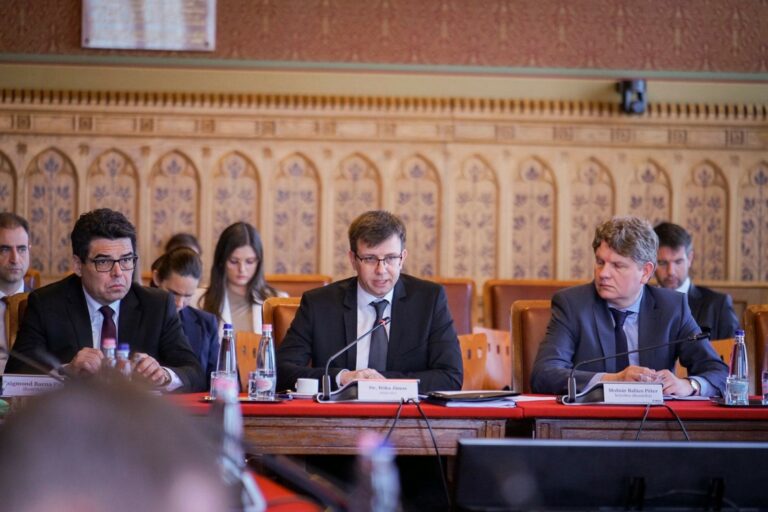migration
Finance Minister: Hungary won’t accept migrant quotas
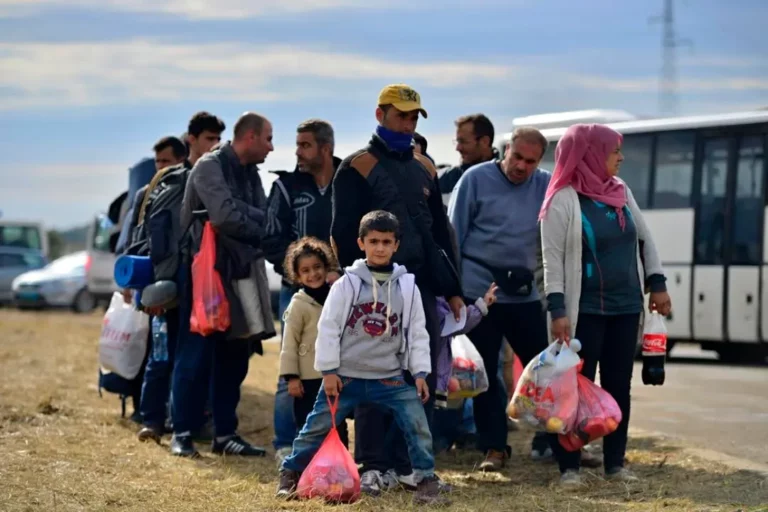
Hungarian government: Brussels should support North Africa coast guards over NGOs that transport migrants – UPDATED
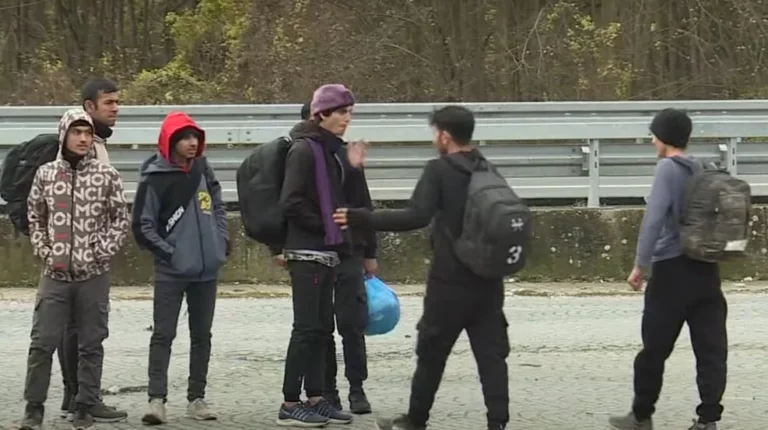
„No Migration, No Gender, No War”, a Hungarian village greets visitors
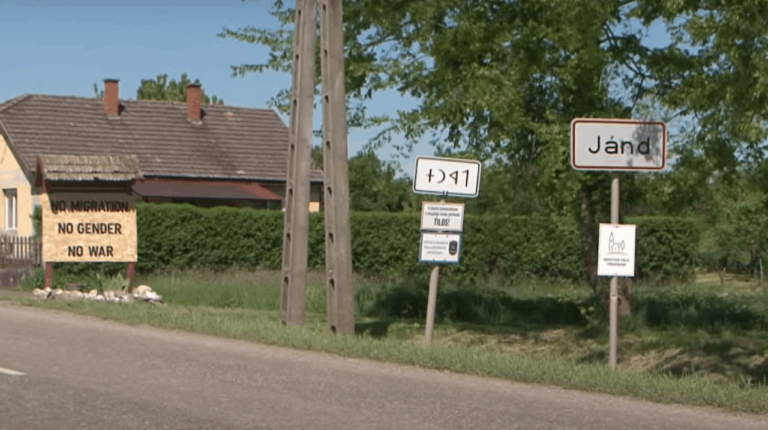
Speakers at CPAC Hungary want to fight against ‘woke ideology, illegal immigration, anti-Semitism’
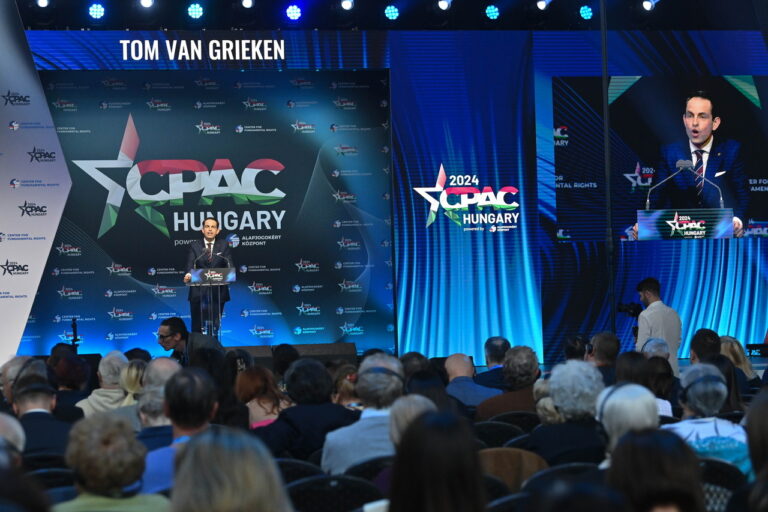
Ruling Fidesz is afraid of a migration wave towards Europe
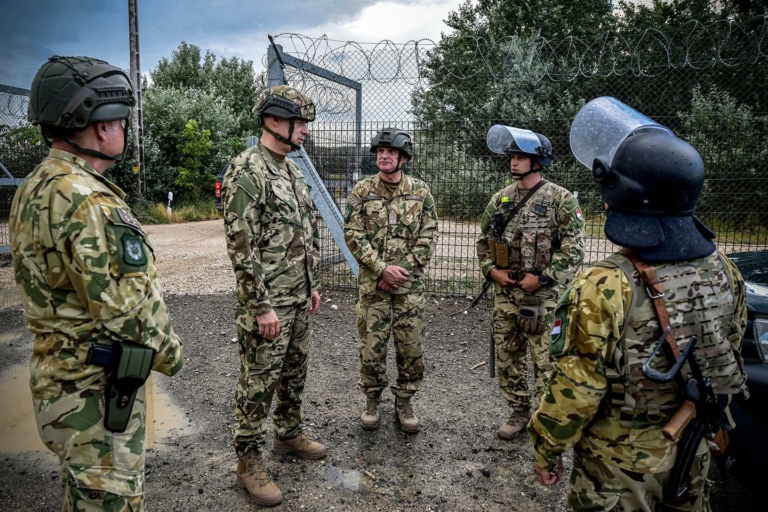
Hungarian methods used in the Dominican Republic against illegal migration?
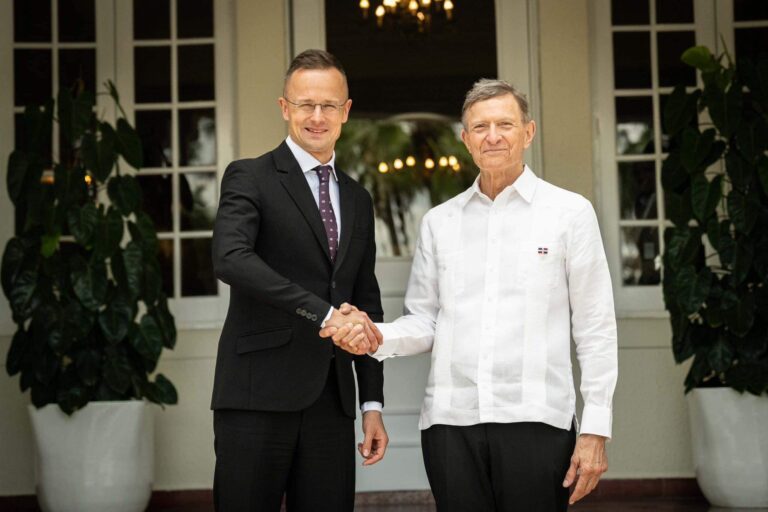
Hate speech? PM Orbán in Brussels: Hungary does not want a mixed society!

Highly-skilled Hungarian workforce fleeing the country – cause for concern?
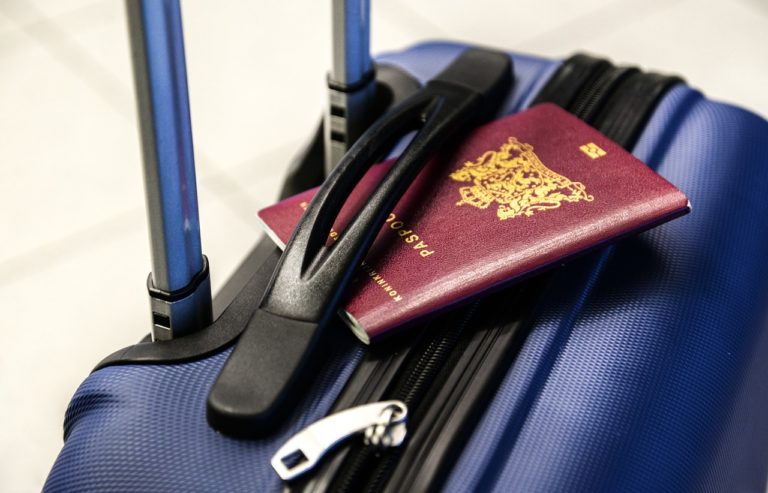
PM Orbán: “we are fighting against the Soros empire”

The truth is out there – conspiracy theories in Hungary and why some believe them

Foreign Ministers of Denmark and Hungary meet to discuss stopping illegal migration

Fidesz: Brussels is threatening us over migration pact

PM Orbán slammed EU migration pact in Africa
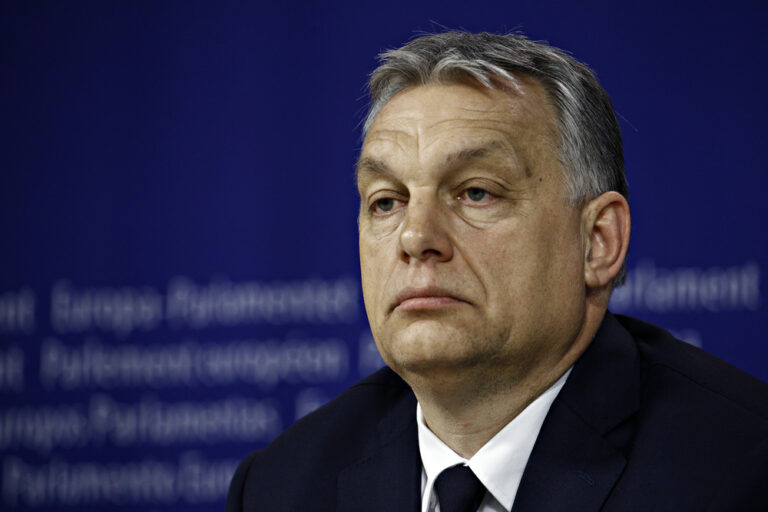
Fidesz MEP Deutsch: Hungary ‘under attack’ for pro-peace stance

What’s happening? Police raid trains in Hungary – PHOTOS
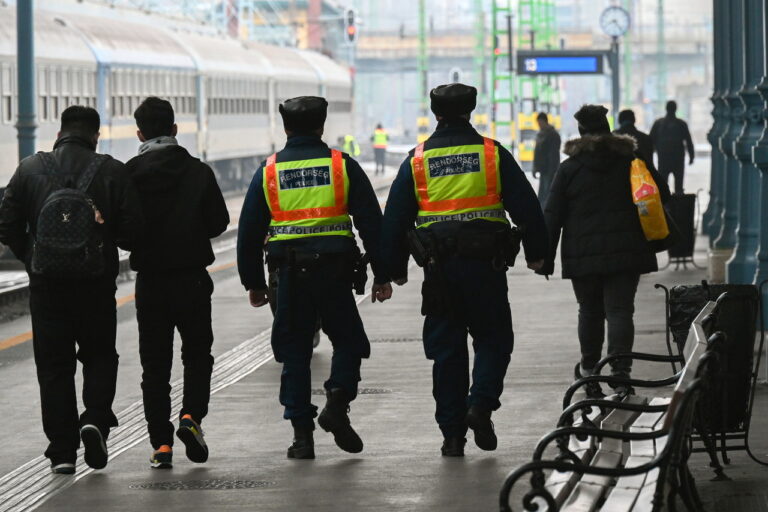
Hungarian government outraged over the EU ‘migration pact’

Orbán cabinet: Pro-peace and anti-migration shift on the EU stage would not be possible without a shift to the right
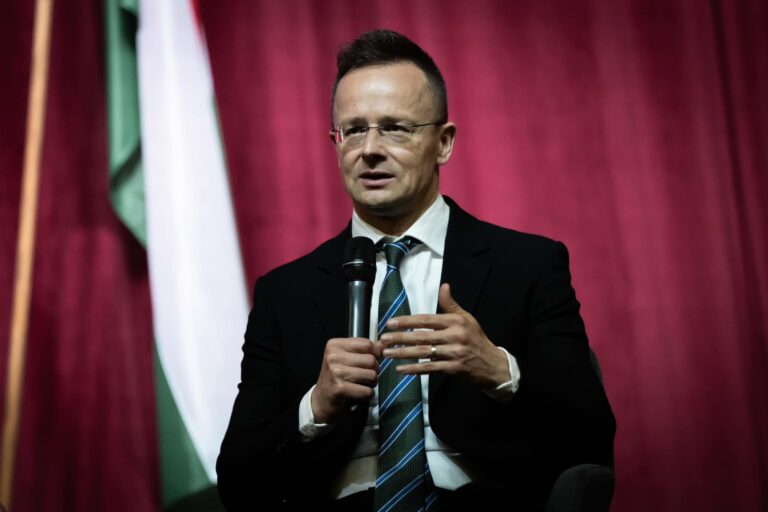
Minister Bóka: 2023 ‘year of failures’ for European Union
